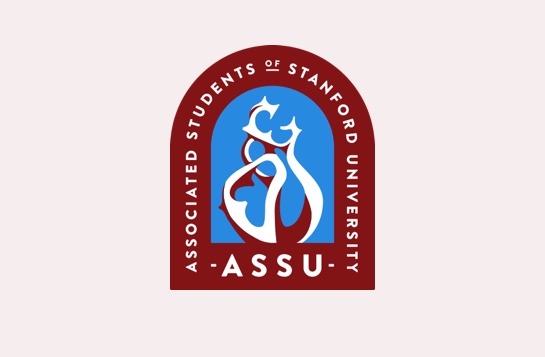The Associated Students of Stanford University (ASSU) released a survey on Wednesday to gather student input on potential grading policies for the 2020-21 academic year, as well as assess student success under the spring quarter grading scheme.
The survey results will be shared with the Faculty Senate, who will make the ultimate decision on a grading policy for the upcoming academic year at a later date.
The survey asks students to rate and rank a regular grading system, optional Credit/No Credit (CR/NC), Honors/CR/NC and Universal Satisfactory/No Credit (S/NC).
As part of the optional CR/NC format, instructors can make their classes mandatory S/NC, or students may choose between CR/NC and a letter grade. The Honors/CR/NC policy is based on the current Stanford Law School grading scheme, where Honors marks “exceptional work” that is “significantly superior to the average performance.”
Universal S/NC was the policy chosen in the spring in an attempt to prioritize academic equity during a time of widespread disruption caused by the COVID-19 pandemic. While all spring quarter classes were graded S/NC, the University’s virtual summer session classes were graded according to the regular University grading system.
“Anecdotally we’ve gotten a lot of input already but we wanted to ensure everyone had an opportunity to share their thoughts,” ASSU Undergraduate Senator Jonathan Lipman ’21 wrote in a statement to The Daily. Lipman spearheaded the creation of the survey.
The survey also allows students to select factors that impeded their online education in the spring, as well as estimate the maximum Zoom class length they are capable of focusing for.
A similar survey regarding grading preferences for last year’s virtual spring quarter was conducted in mid-March. Following the survey, the Faculty Senate voted 36-15 in favor of the S/NC policy after being presented with three options–– S/NC, student choice between a letter grade and CR/NC and A+/A/NC.
The vote was met with controversy surrounding the order in which the options were presented, with some students and faculty citing a procedural bias toward the proposal that was presented first. Almost half of students who took the survey stated they would prefer an A/A-/NC system. S/NC was ranked as a third choice by almost half of students.
“We understand students’ frustration that the Faculty Senate made a decision that did not reflect the most preferred choice of an overwhelming majority of students, despite hearing our presentation on student feedback,” ASSU leadership wrote in an Op-Ed published in The Daily. “However, we want to be clear that we still believe the Faculty Senate’s decision to choose a Universal S/NC policy was the best possible choice out of the two remaining flawed options.”
Political science department chair Judith Goldstein argued during discussion about the proposed options that the structure of the March vote had skewed voting so that S/NC, by virtue of being put to a vote first, received preference over the other two options.
“The ordering of these and the conversations about these has created a bias, and in fact for everyone today talking about equal opportunity and equity, I think there’s been a bias in this discussion, in which we should think ourselves, and think about how we do things,” Goldstein said during the discussion.
She also cautioned meeting leaders against “weaponizing” procedural rules, which she felt were used to “[shut] us up before we’re ready to stop talking.”
In response to Goldstein’s critique, biology professor and Faculty Senate Chair Tim Stearns said the measure to vote on each option “passed by a wide margin.”
Contact Samantha Nichols at nicholssc03 ‘at’ gmail.com.
